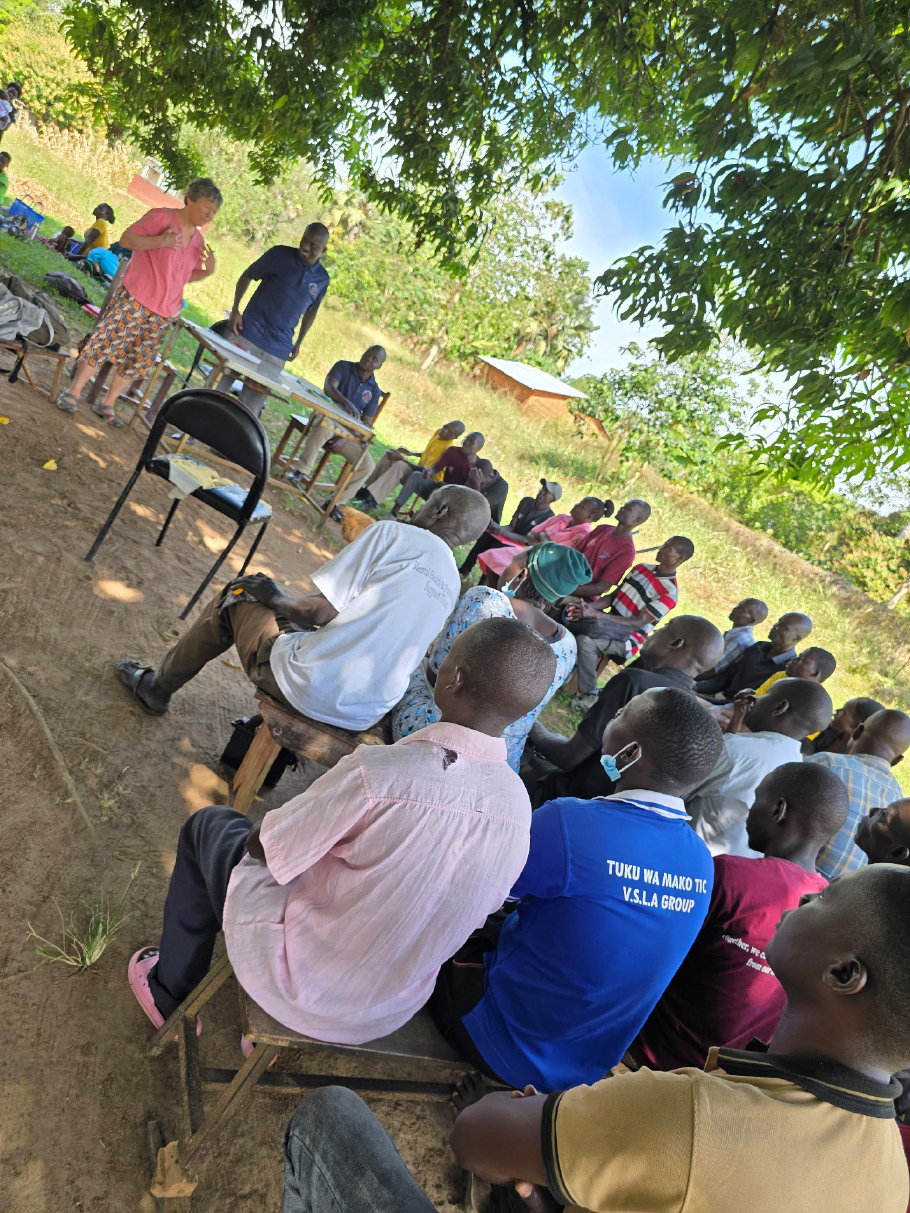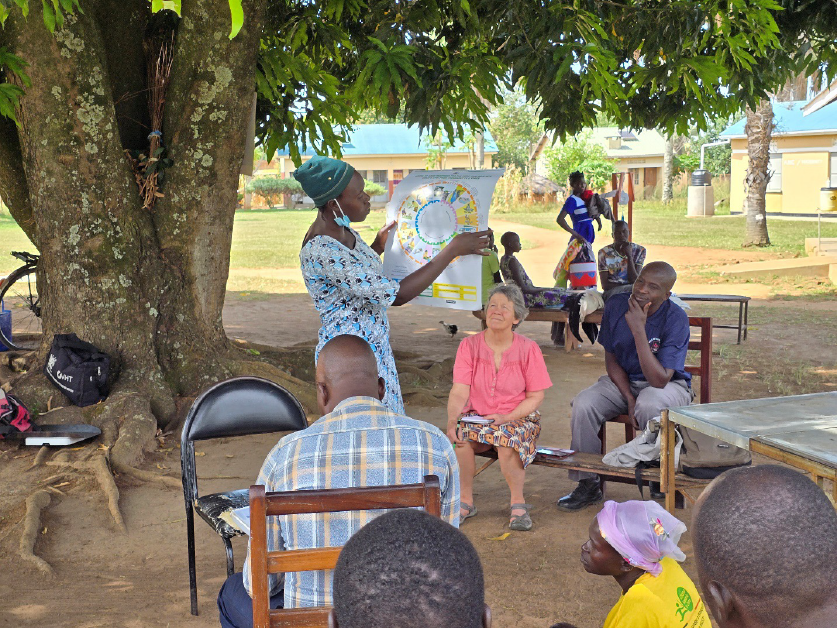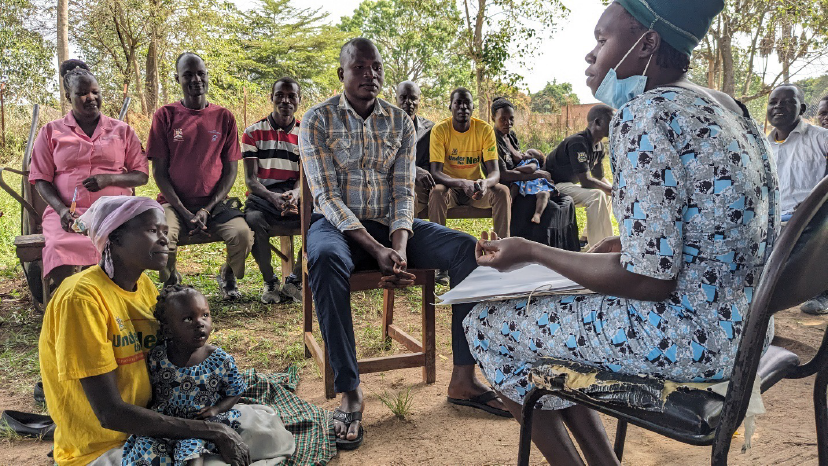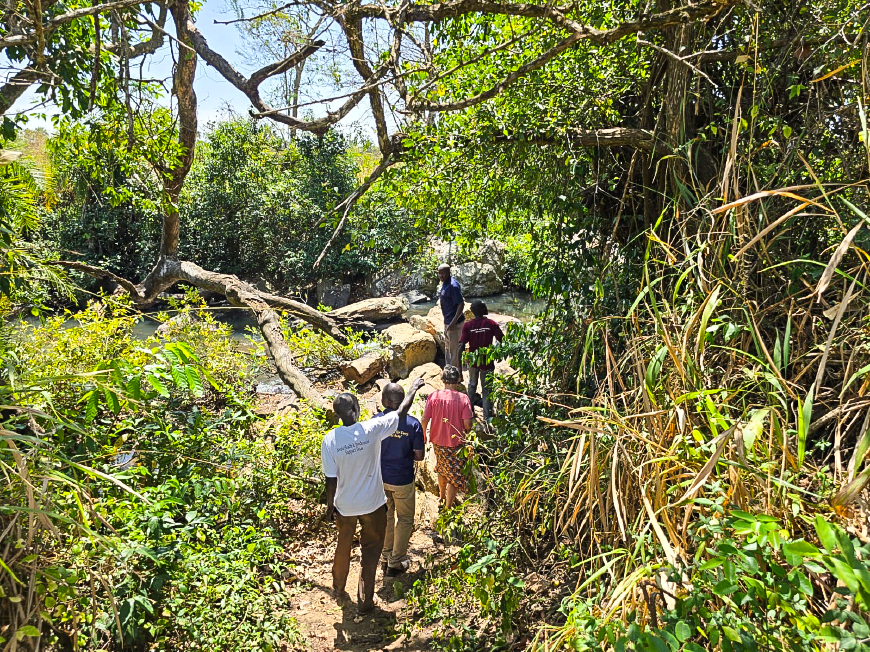Over the past decade, we’ve had the privilege of working alongside exceptional health care providers throughout Gulu District, Uganda, equipping them with the skills to manage newborn and obstetric complications during delivery. We’ve seen firsthand the dedication and expertise of the medical professionals here, and yet, there remains a gap. It’s estimated that over 40% of women in this rural region don’t deliver in one of the 26 health facilities scattered throughout Gulu District, delivering at home instead.
In our efforts to change this, the Uganda WOtW team suggested that the best way to reach these women is by integrating Village Health Team members (VHTs) into our training programs. VHTs, volunteers elected by their village, are often the first line of health care for their communities. They are not formally educated but play a crucial role in the daily well-being of the families they serve.
In June 2024, WOtW sponsored a pilot program to provide maternal and child health training to VHTs in Paibona, a subcounty with particularly high needs. While it’s still too early to assess the full impact, one thing is clear: the feedback we received from the VHTs was very positive.

On a warm afternoon in Paibona, Ruth and I had the privilege of sitting with these remarkable volunteers beneath the shade of a mango tree. As we listened to their stories, it was clear that they were proud of their work and deeply committed to learning more to help guide their communities. They spoke with enthusiasm about how they were already sharing new knowledge with the young families in their villages—simple yet essential things like encouraging regular prenatal care and good prenatal nutrition.
Their requests were humbling: soap, assistance with transportation, and labeled shirts to help others recognize them as VHTs. But what struck us most was their request for more training. They were eager to continue learning so they could improve their ability to serve their neighbors.

One of the most moving moments came when VHT Miriam Anena led a role-play demonstration. Miriam, along with VHTs Joyce Akello and Denis Akena, acted out a counseling session for a young mother and father, discussing healthy practices during the final trimester of pregnancy. Miriam used a Wheel of Good Practices poster, filled with vibrant images to explain key concepts. It was evident that these VHTs not only took pride in their work but also in their growing knowledge and ability to pass that wisdom on to others.

We then visited a place that symbolized one of the biggest barriers to maternal health care in Paibona: “the river.” For many in this area, reaching the health center requires crossing a river—either by walking over rocks or balancing on a tree trunk. During the rainy season, the water rises 7 to 10 feet, making the crossing impossible. In those times, the only options for a mother in labor are a very long motorcycle ride or…home delivery. The VHTs who guided us to the river expressed deep gratitude for our willingness to witness this challenge firsthand.

This visit to Paibona was one of the highlights of the trip for me. It reminded me of the immense strength, resourcefulness, and dedication of the people we’re working with. As we left Paibona, I carried with me a renewed sense of inspiration. WOtW will continue to pursue ways to expand VHT training throughout all Gulu District. Our successful fundraising in 2024, combined with some possible partnership prospects, is bringing us closer to this goal. We will keep you updated. Thank you.

